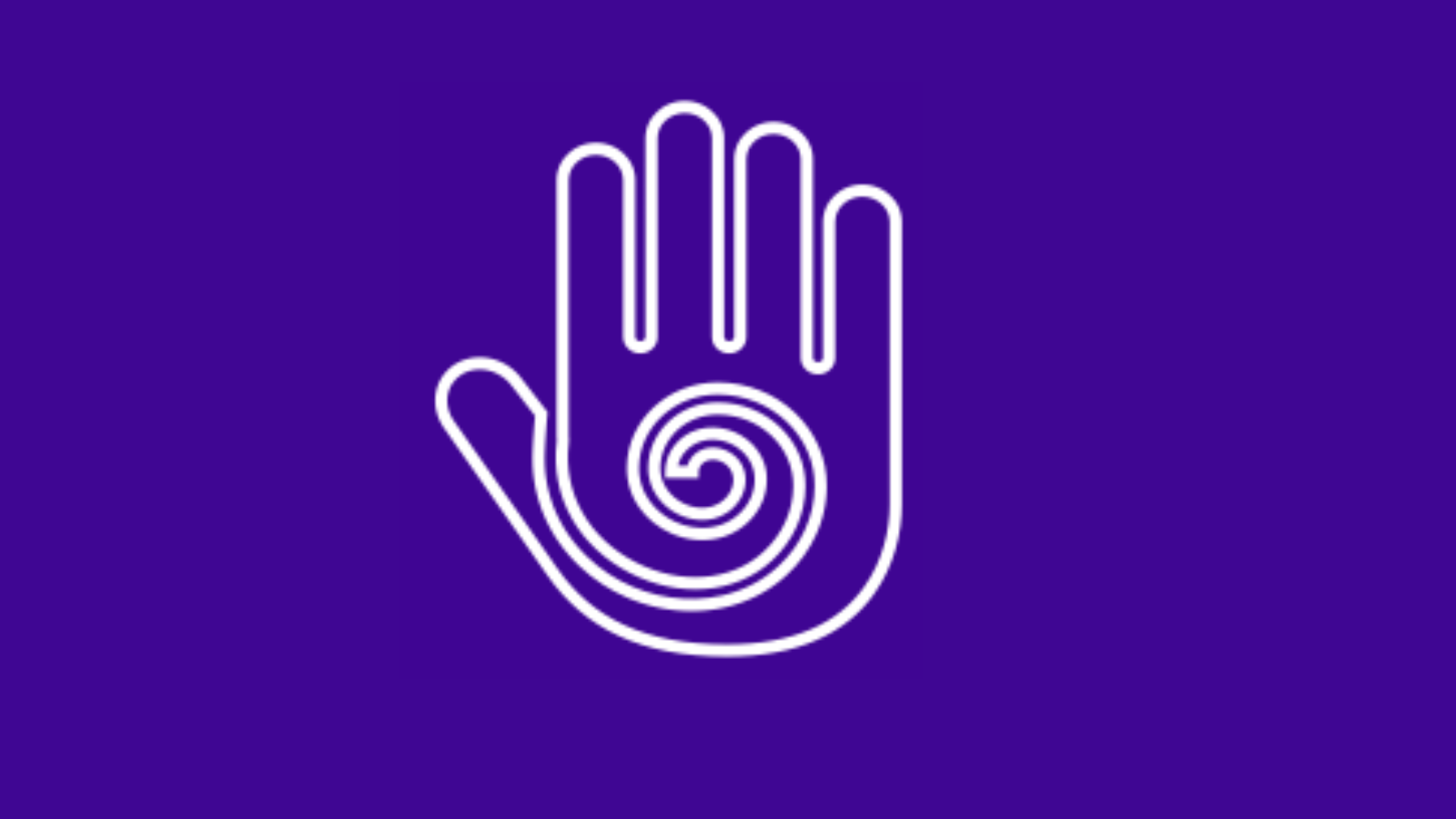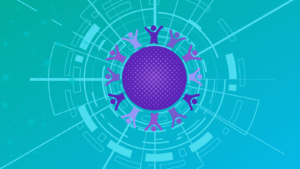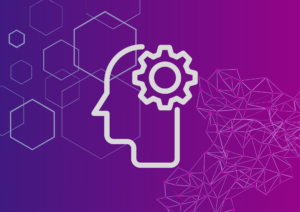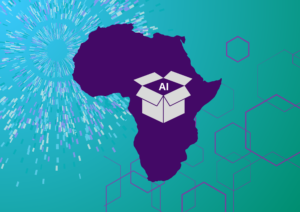In April 2022, the Datasphere Initiative released the Datasphere Governance Atlas – a publication mapping organizations from around the world all with a mission to address the multi-dimensional topic of data governance.
The resource showcases a total of 261 organizations identifying their geographic scope, key objectives, the type of organization and the sectors they cover, as well as the outcomes from their work.
The findings highlight how today data governance concerns not only the rules and operational procedures for data management, but also policies, regulations, and a complex set of impacting elements within and across countries, cultures and continents. The most frequently covered sectors by the non-governmental organizations referenced in the Atlas are indigenous rights, 75%, followed by transportation & mobility, 69.8%; gender, 68.8%; economy, 66.7%.
On the occasion of International Day of the World’s Indigenous Peoples 2022, the Datasphere Initiative is sharing examples of the initiatives featured in the Datasphere Governance Atlas that are working on indigenous rights and indigenous data sovereignty.
These organizations place emphasis on important questions of who participates in data governance decision-making and the rights of individuals or communities with a stake in certain data to self-determination and to also be formally involved in its governance.
Indigenous communities and organizations place an emphasis on the collective impact of data use. Positive or negative impacts of certain data uses might not be easily detected at an individual level, but might become evident at the collective level, which means that collective identities and societal dynamics become fundamental for data analysis. Indigenous data sovereignty and the work of indigenous communities and organizations thus provide key insights for data governance.
The Datasphere Governance Atlas analysis found that all featured organizations covering indigenous rights use research to execute their mission and almost two-thirds of organizations that cover the indigenous rights sector, 62.5%, aim to have a domestic impact.
Similarly, 87.5% of the organizations that cover indigenous rights work to improve data governance at large, and 75% are non-governmental organizations. All of the organizations covering the indigenous sector focus on advocacy and community building as well as research and networking to accomplish their mission.
While providing only a snapshot of a large and diverse community of organizations, below is a short overview of those featured in the Datasphere Governance Atlas.
Aware of additional organizations and initiatives that we should include in our next publication?
Please reach out to us at [email protected] for any suggestions or feedback.
Collaboratory for Indigenous Data Governance is a U.S.-based non-governmental organization that develops research, policy, and practice innovations for indigenous data sovereignty. The lab’s research, teaching, and engagement seek to transform institutional governance and ethics for indigenous control of indigenous data, particularly within open science, open data, and big data contexts.
BCFNDGI is a non-governmental initiative in Canada to equip First Nations with the technological and human resource capacity to govern and own their communities’ data. It offers FNIGC Data with information about First Nations people living in reserves and in northern communities and provides tools for engaging communities.
FNIGC is a non-governmental organization in Canada that supports the development of information governance and management at the community level through regional and national partnerships. It envisions that every First Nation will achieve data sovereignty in alignment with its distinct worldview. The group executes its mission through research, education and training, information sharing, and knowledge translation.
Global Indigenous Data Alliance is a coalition of indigenous researchers, data practitioners, and policy activists advocating for indigenous data sovereignty within their nation-states and at an international level. Through research and networking, GIDA aims to advance knowledge, create a community of indigenous stakeholders, and advocate for data for self-determined wellbeing of Indigenous People.
Maiam Nari Wingara Indigenous Data Sovereignty Collective is a non-governmental organization in Australia that was formed in early 2017 in order to develop Aboriginal and Torres Strait Islander data sovereignty principles and to identify Aboriginal and Torres Strait Islander strategic data assets. The aim of the Collective is to empower Aboriginal and Torres Strait Islanders to engage in indigenous data sovereignty and to advocate for rights using data to inform development.
USIDSN helps ensure that data for and about Indigenous nations and peoples in the United States (American Indians, Alaska Natives, and Native Hawaiians) is utilized to advance Indigenous aspirations for collective and individual wellbeing. USIDSN’s primary function is to provide research information and policy advocacy to safeguard the rights and promote the interests of Indigenous nations and peoples in relation to data.
—
Read about International Day of the World’s Indigenous Peoples 2022
Download the Datasphere Governance Atlas to read the full report and learn about the methodology here
Watch a presentation on the Datasphere Governance Atlas here




